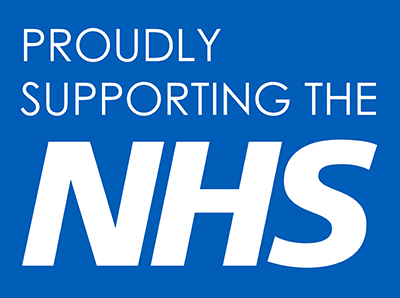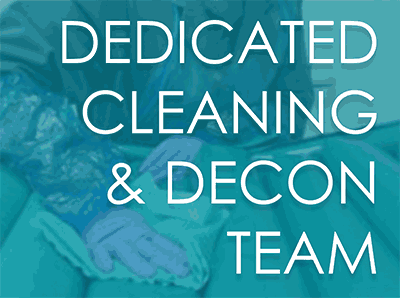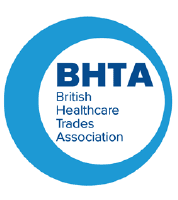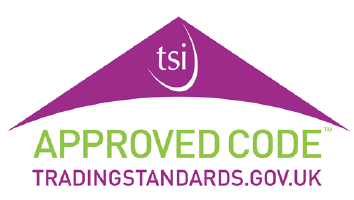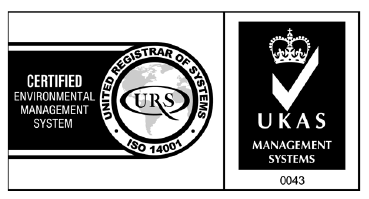Within any healthcare organisation carers play a vital role in the prevention of pressure ulcers, therefore they need to be equipped with the knowledge and information on how to reduce and, where possible, prevent pressure ulcers from occurring.1
It is the responsibility of the employer to provide training to their employees in relation to pressure care. NICE guidelines have highlighted the importance of educating and training individuals who are in the caring profession and who are regularly caring for patients who are at risk of developing pressure ulcers.
Training programs should include:
- How to properly undertake and produce skin and risk assessments
- The importance of repositioning and the correct way to reposition
- Knowledge based around pressure redistribution devices
- The importance of involving patients and their carers on how to best prevent pressure ulcers
- Information on the best possible sources of advice and support 2
Once a carer has had all the training they need and are educated well enough in pressure ulcer care, it then becomes their responsibility to ensure they are providing a high quality of care in this area.
There are many various ways in which carers are able to reduce the risk of pressure ulcers occurring:
- Keep the patient moving as much as possible or change their position regularly
- Check the skin for signs of deterioration/redness (this should be done daily)
- Protect the skin using only mild cleansing products and refrain from rubbing too hard
- If incontinent gently clean the skin immediately after an episode and seek further advice
- Ensure the patient is having a healthy food and fluid intake.3
- Use suitable pressure relieving equipment such as alternating air mattresses and cushions.
Senior clinical nutritionist Rosalyn Tarrent states that:
The nutritional needs of people with pressure ulcers are very high and they may need extra protein, calories and vitamins and minerals to help their wounds heal.4
Some patients rely solely upon their carers to provide them with the care they need in order to live their lives free from the pain that pressure ulcers bring, it is for reasons such as this that it is important to ensure all carers are provided with the appropriate resources which will help them to provide a quality of care which will benefit both themselves and the patient.
Bibliography
1 NHS (2016) Pressure Ulcers: Advice for patients and carers [online] Available at: http://www.hrch.nhs.uk/patients/pressure-ulcers/ [Accessed 08/112016]
2 NICE (2014) The NICE way to stop the pressure [online] Available at: https://www.nice.org.uk/news/blog/the-nice-way-to-stop-the-pressure [Accessed 08/11/2016]
³ NHS (2015) Information for patients and carers; Pressure ulcer prevention [online] Available at: http://www.chesterfieldroyal.nhs.uk/dl/11557_6710263374.pdf/as/Pressure%20Ulcer%20Prevention.pdf [Accessed 08/11/2016]
⁴ Green. S et al (2002) Nutrition and nurse education Nursing Times 98: 34 59 [online] Available at http://www.nursingtimes.net/nursing-practice/clinical-zones/nutrition/nutrition-and-nurse-education/206437.article [Accessed 08/11/2016]
About the author – Ray Booth
Ray Booth is Research & Innovation Director at Select Medical. He has been involved in the pressure care equipment industry for over 20 years. In that time he has created a wide range of well-designed alternating air pressure mattress systems for use in hospital, hospice and community healthcare sectors.

